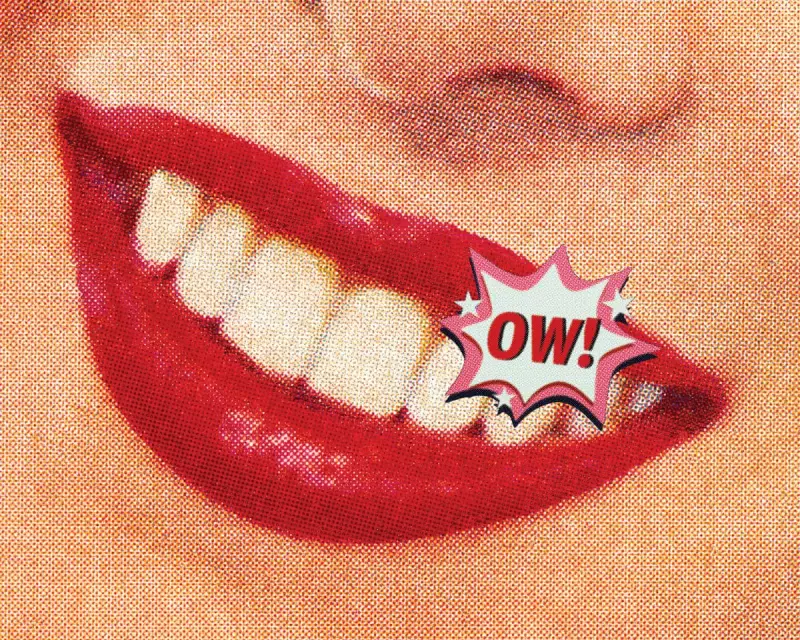
Are you waking up with mysterious jaw pain, headaches, or sensitive teeth? You might be one of the millions of Britons unknowingly grinding their teeth at night in a condition known as bruxism. This silent dental epidemic is wreaking havoc on smiles across the UK, often going undiagnosed until significant damage occurs.
What Exactly is Bruxism?
Bruxism involves unconsciously clenching, gnashing, or grinding your teeth, typically during sleep. Many sufferers remain completely unaware of their habit until a dentist spots the tell-tale signs of enamel wear or a bed partner complains about the disturbing noise.
The Hidden Dangers Lurking in Your Mouth
Left untreated, nocturnal teeth grinding can lead to serious consequences beyond just morning discomfort:
- Severe tooth damage including fractures, chips, and worn-down enamel
- Chronic jaw pain and temporomandibular joint (TMJ) disorders
- Persistent headaches and migraines upon waking
- Increased tooth sensitivity to hot and cold temperatures
- Sleep disruption affecting both you and your partner
Unmasking the Culprits: Why We Grind
While stress and anxiety are primary triggers, several factors contribute to this nocturnal habit:
- Stress and anxiety: The number one cause, with pandemic-related worries creating a surge in cases
- Sleep disorders: Often linked with sleep apnoea and other breathing issues
- Lifestyle factors: Excessive caffeine, alcohol, and smoking can exacerbate the condition
- Medication side effects: Certain antidepressants and other medications may trigger grinding
- Dental issues: Misaligned teeth or an abnormal bite can contribute to the problem
Breaking the Grinding Cycle: Effective Solutions
Fortunately, numerous strategies can help manage and prevent teeth grinding:
Professional Dental Interventions
Custom-fitted mouth guards remain the gold standard treatment. These professionally made devices create a protective barrier between your teeth, preventing damage and reducing muscle strain. Unlike over-the-counter options, custom guards offer superior comfort and protection.
Lifestyle Adjustments That Make a Difference
- Stress management: Incorporate relaxation techniques like meditation, deep breathing, or yoga into your daily routine
- Evening wind-down: Establish a calming pre-sleep ritual to reduce tension
- Dietary changes: Avoid caffeine and alcohol in the evening hours
- Jaw relaxation: Practice consciously relaxing your jaw throughout the day
When to Seek Professional Help
Consult your dentist if you experience:
- Worn, flattened, or chipped teeth
- Unexplained jaw pain or stiffness
- Frequent morning headaches
- Tooth sensitivity that's getting worse
- Your partner reports grinding noises at night
Remember, addressing bruxism early can prevent irreversible dental damage and improve your quality of sleep and daily life. Don't let nighttime grinding silently destroy your smile – take action today for better dental health tomorrow.





